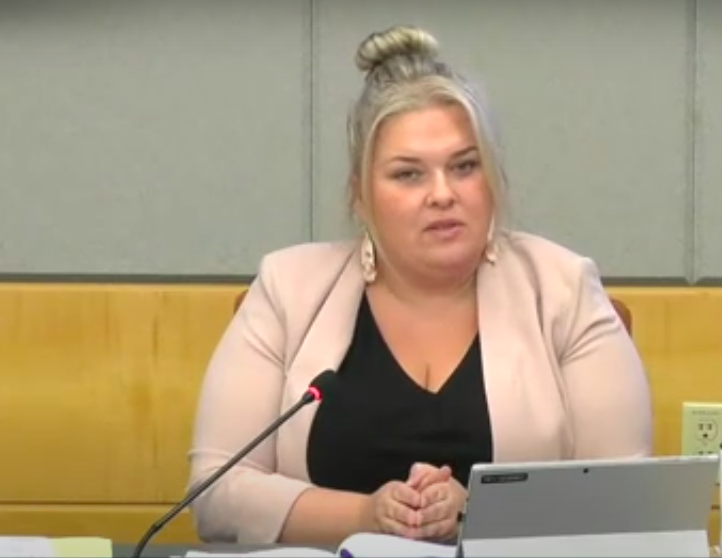Minister Cleveland announced a formal investigation into the Dehcho Divisional Education Council yesterday, marking a significant intervention into regional education governance that has troubled parents and educators for months.
The investigation follows mounting concerns about financial management and student outcomes in the district spanning Fort Simpson, Fort Liard, and surrounding communities. Parents at recent town hall meetings have voiced frustration over frequent staff turnover and inconsistent programming.
“When communities lose confidence in their education authorities, we have a responsibility to act,” Cleveland told reporters at the Legislative Assembly. “This investigation will examine both operational and financial practices to ensure Dehcho students receive the quality education they deserve.”
The Education Minister’s announcement comes after three school principals in the region resigned within an 18-month period, creating what Dehcho MLA Ron Bonnetrouge called “a revolving door of leadership that’s hurting our kids’ chances.”
According to territorial statistics, high school completion rates in the Dehcho region have fallen by nearly 12 percent over the past four years, while other educational districts have seen modest improvements. The regional attendance rates also lag behind territorial averages by approximately 8 percentage points.
Cleveland has appointed former deputy minister Gloria Iatridis to lead the investigation, which will begin next week. Her team will review financial records, interview staff and conduct community consultations throughout September and October.
The Dehcho investigation represents the first time in nearly a decade that the territorial government has exercised its authority under Section 128 of the Education Act to intervene in a district’s operations. The last similar action occurred in 2015 when the Beaufort Delta Education Council underwent review.
Dehcho Grand Chief Herb Norwegian acknowledged the investigation as necessary but emphasized the importance of Indigenous involvement. “Education is healing for our communities, but only when our people have meaningful input. We expect this investigation to respect our treaty rights and the calls to action from the Truth and Reconciliation Commission.”
Parents like Marie Lacorne from Fort Simpson welcome the intervention. “My daughter had three different teachers last year. How can kids learn when there’s no stability?” Lacorne said after attending a community meeting where the investigation was discussed. “Something needs to change.”
The territorial Department of Education has committed to regular public updates throughout the investigation. Cleveland indicated that recommendations will be made public by December, with implementation expected to begin in early 2023.
Education advocate Sarah McLeod from the NWT Parents’ Coalition noted that the situation reflects broader challenges. “The issues in Dehcho aren’t isolated. We need to examine how education authorities across the North are funded and supported, especially in smaller communities where recruiting and retaining qualified staff remains difficult.”
Financial records obtained through access to information requests show the Dehcho council overspent its operational budget by approximately $420,000 last year, while underspending on professional development and classroom resources.
Cleveland emphasized that the investigation isn’t about assigning blame but finding solutions. “Our primary concern is ensuring students receive quality education. Sometimes systems need recalibration to work effectively for the communities they serve.”
The investigation’s scope includes examining governance structures, financial controls, staff recruitment practices, and curriculum implementation. Community members will have multiple opportunities to provide input through public meetings scheduled throughout September.
Fort Simpson Mayor Sean Whelly expressed cautious optimism about the process. “We’ve known there were problems for years, but identifying issues is just the first step. The real test will be whether concrete improvements follow.”
As students return to classrooms this week, the investigation adds another layer of uncertainty to an already challenging educational landscape still recovering from pandemic disruptions and adapting to the new territorial curriculum.
“Our children deserve stability and excellence,” Cleveland concluded. “This investigation represents our commitment to both.”






